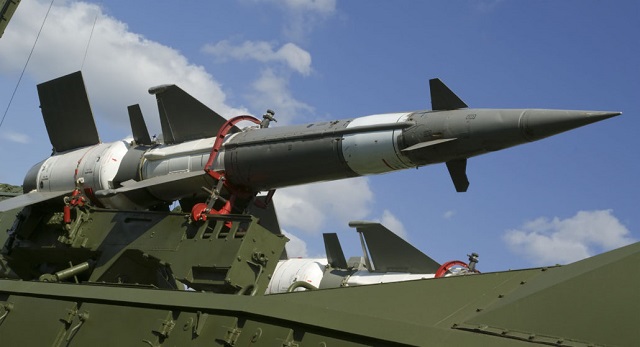
United Nations, United States | AFP | A global treaty banning nuclear weapons was adopted at the United Nations on Friday but nuclear powers Britain, France and the United States dismissed it as out of step with reality at a time when the world is grappling with the North Korea crisis.
The treaty was adopted by a vote of 122 in favor with one country — NATO member The Netherlands — voting against, while Singapore abstained.
None of the nine countries that possess nuclear weapons — the United States, Russia, Britain, China, France, India, Pakistan, North Korea and Israel — took part in the negotiations or the vote.
Even Japan — the only country to have suffered atomic attacks, in 1945 — boycotted the talks as did most NATO countries.
Loud applause and cheers broke out in the UN conference hall following the vote that capped three weeks of negotiations on the text providing for a total ban on developing, stockpiling or threatening to use nuclear weapons.
Within hours of its adoption, the United States, Britain and France rejected the treaty and said they have no intention of joining it.
“This initiative clearly disregards the realities of the international security environment,” said the UN ambassadors from the three countries.
“This treaty offers no solution to the grave threat posed by North Korea’s nuclear program, nor does it address other security challenges that make nuclear deterrence necessary,” they said in a joint statement.
New treaty is an important step towards world without nuclear weapons – @UN_Spokesperson statement is here: https://t.co/MKULVNisHZ pic.twitter.com/lgy4RCXoSI
— United Nations (@UN) July 7, 2017
North Korea marked a worrying milestone in its bid to develop nuclear weapons when it tested its first intercontinental ballistic missile this week.
Nuclear powers argue their arsenals serve as a deterrent against a nuclear attack and say they remain committed to the nuclear Non-Proliferation Treaty (NPT).
The decades-old NPT seeks to prevent the spread of atomic weapons but also puts the onus on nuclear states to reduce their stockpiles.
Impatience however is growing among many non-nuclear states over the slow pace of disarmament as are worries that weapons of mass destruction will fall into the wrong hands.
 The Independent Uganda: You get the Truth we Pay the Price
The Independent Uganda: You get the Truth we Pay the Price


